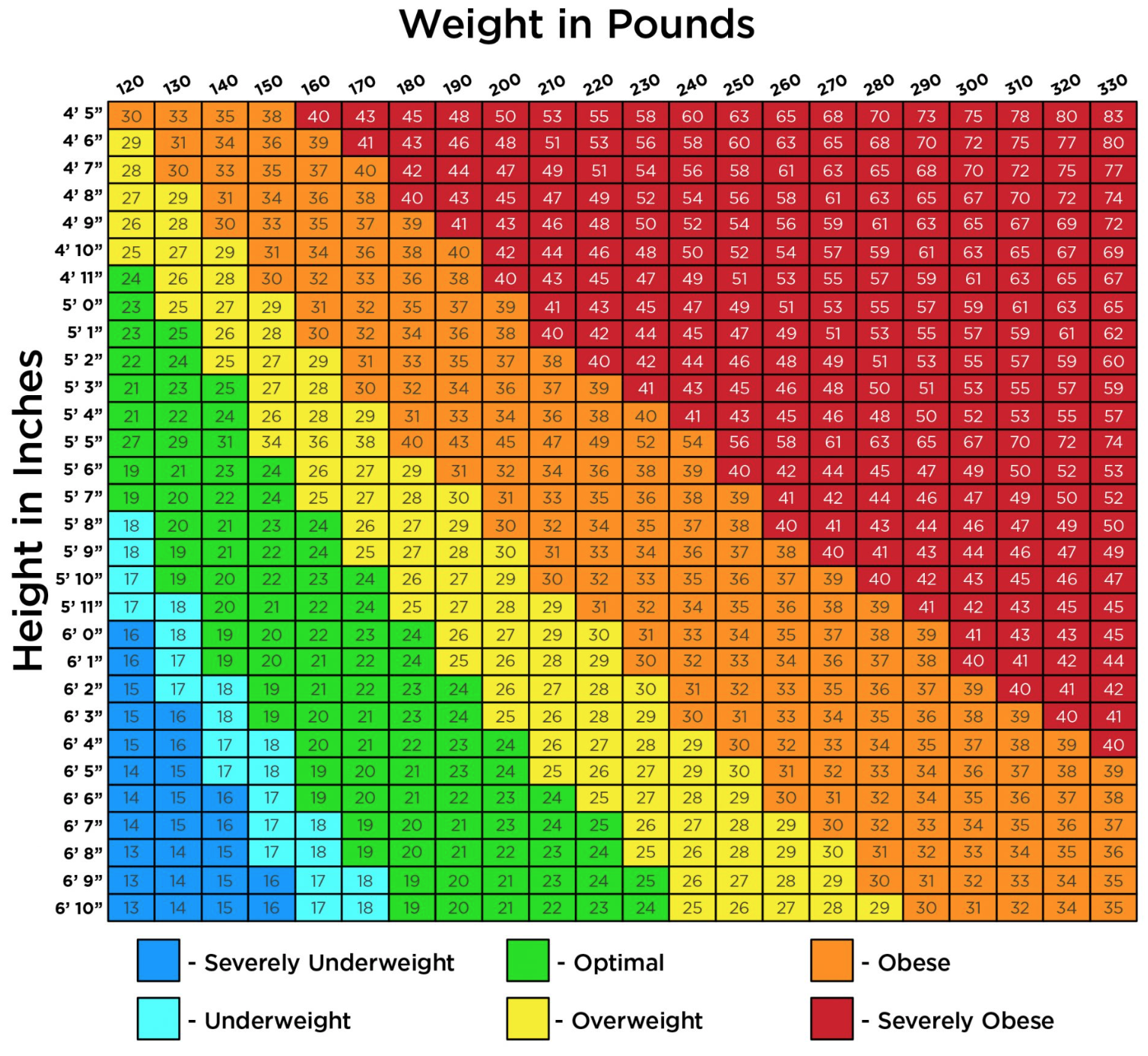


Thus, highly muscular people are often classified as overweight. A person's body weight is comprised of multiple factors including (but not limited to) body fat, muscle, bone density, and water content. Note that being overweight does not necessarily indicate an excess of body fat. While some storage fat is ideal, excess amounts of storage fat can have serious negative health implications.Įxcess body fat leads to the condition of being overweight and eventually to obesity given that insufficient measures are taken to curb increasing body fat. Storage fat is fat that accumulates in adipose tissue, be it subcutaneous fat (deep under the dermis and wrapped around vital organs) or visceral fat (fat located inside the abdominal cavity, between organs), and references to body fat typically refer to this type of fat. While having excess body fat can have many detrimental effects on a person's health, insufficient body fat can have negative health effects of its own, and maintaining a body fat percentage below, or even at the essential body fat percentage range is a topic that should be discussed with a medical professional. The healthy range of body fat for men is typically defined as 8-19%, while the healthy range for women is 21-33%. The amount of essential fat differs between men and women, and is typically around 2-5% in men, and 10-13% in women. It is necessary fat that maintains life and reproductive functions. Essential body fat is a base level of fat that is found in most parts of the body. In addition, it secretes a number of important hormones, and provides the body with some cushioning as well as insulation.īody fat includes essential body fat and storage body fat. Its primary purpose is to store lipids from which the body creates energy. The scientific term for body fat is "adipose tissue." Adipose tissue serves a number of important functions. Jackson & Pollard Ideal Body Fat Percentages Age The American Council on Exercise Body Fat Categorization Description This is a great tool to map out your overall nutritional requirements.Related BMI Calculator | Calorie Calculator | Ideal Weight Calculator Many individuals find themselves consuming far too many, and in some instances, not enough calories in order to maintain a healthy body and metabolism. Using this BMR calculator will give you a very good idea of how many calories you should be consuming on a daily basis in order to maintain your current body weight. Harris-Benedict Formula (Based on Activity Level) Katch-McCardle Formula (Requires Body Fat Percentage) – this BMR calculator will give you four calculations: Once you input in your various measurements, i.e. You will need to know your body fat percentage to determine this particular calculation. You are given the option to determine protein intake based on body weight or lean body mass. Choose wisely in order to get the most accurate calculation.Īlso, this online calculator gives you the option to calculate your daily calorie intake based on your macronutrient ratios such as protein, carbohydrate and fat intake. Knowing your activity level can highly inflate your caloric intake. Very Active – Workout/Exercise 4-5 times a weekĮxtra Active – Workout/Exercise 5-7 times a week (also for individuals who engage in physical activity for labor purposes) Moderately Active – Workout/Exercise 2-3 times a week This online calculator defines activity level as: This online calculator takes into consideration the following factors to give you the most precise calculation:Īctivity Level is very important in relationship to determine one calorie calculation known as the Harris-Benedict Equation. Your basal metabolic rate generally decreases with age and lean body mass, therefore it is important to understand the variety of factors that affect one’s overall total daily caloric expenditure. Various Factors Affecting Calorie Calculations heart, lungs, digestive system, brain, skin, liver and kidneys. Your basal metabolic rate is necessary for the maintenance of your organs and their various functions, i.e. This is simply defined as the amount of energy expended daily by the body. Whether you are trying to lose body fat, develop lean muscle mass or simply maintain your current body weight, using this calculator will give you a precise idea of how many calories you should be consuming on a daily basis.īMR stands for “Basal Metabolic Rate”. Use the free online BMR Calorie Calculator to determine your daily caloric intake.


 0 kommentar(er)
0 kommentar(er)
